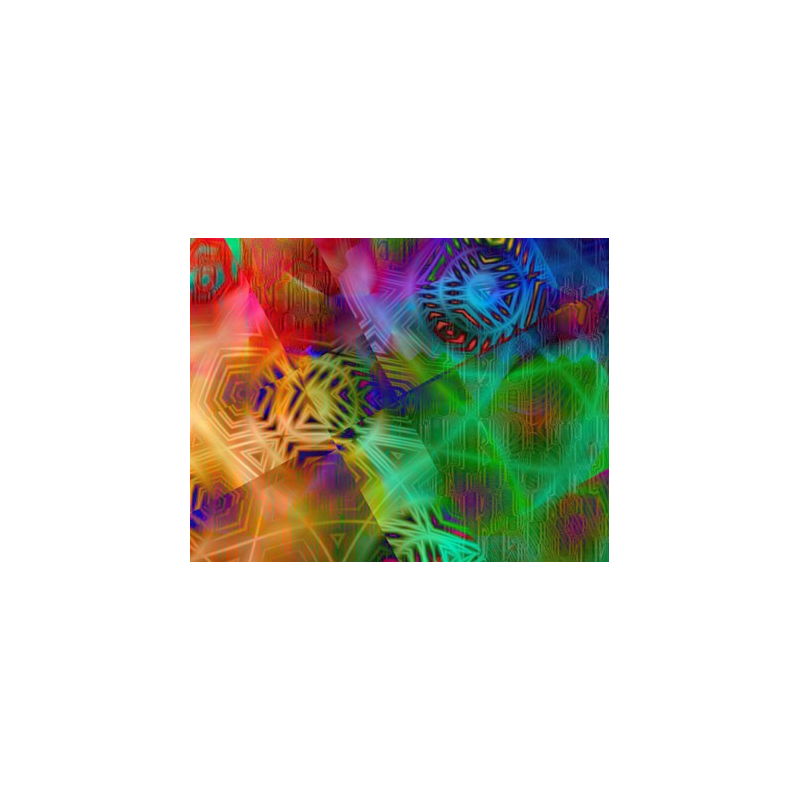

Two studies tested whether a mindset manipulation would affect the filtering of distractors from entering visual working memory (VWM). Powell asserts the Deleuzian approach as itself a kind of altered state that explodes habitual ways of thinking and feeling. Offering innovative readings of 'classic' altered states movies such as 2001, Performance and Easy Rider, it includes 'avant-garde' and 'underground' work.

The book applies Deleuze, alone and with Guattari, to mainstream films like Donnie Darko as well as arthouse and experimental cinema. Arguing that specific cinematic techniques derange the senses and the mind, she makes an assemblage of philosophy and art, counter-cultural writers and filmmakers to provide insights into the cinematic event as intoxication. Anna Powell's distinctive re-mapping of the film experience as altered state uses a Deleuzian approach to explore how cinema alters us by 'affective contamination'. Cinematic distortions of space and time as well as new digital and fractal directions are opened up. The altered bodies of erotic arousal and trance states are explored, using haptics and synaesthesia. They consider dream states and the popularisation of alterity in drugs films. Chapters engage with films that simultaneously present and induce altered consciousness. The book presents altered states films as significant neurological, psychological and philosophical experiences. Deleuze, Altered States and Film offers a typology of altered states, defining dream, hallucination, memory, trance and ecstasy in their cinematic expression.


 0 kommentar(er)
0 kommentar(er)
